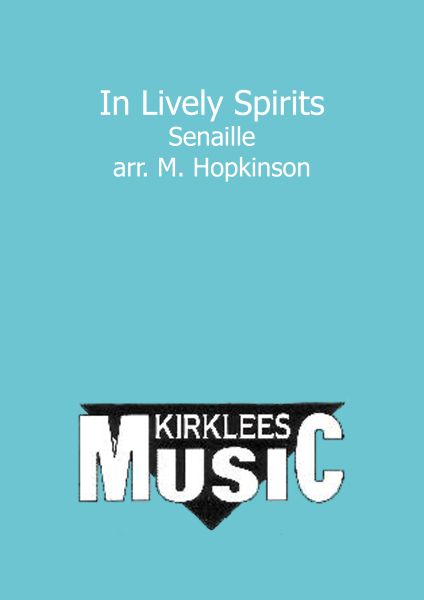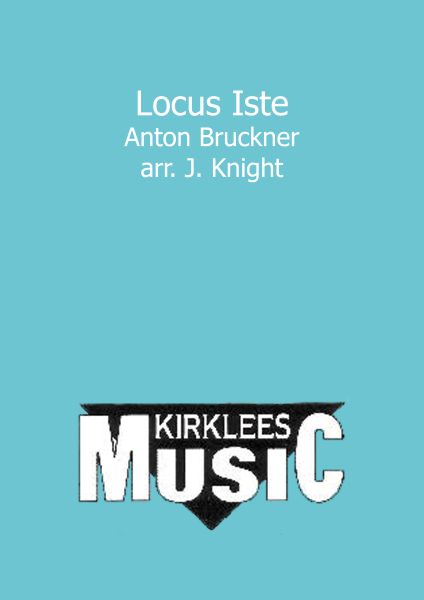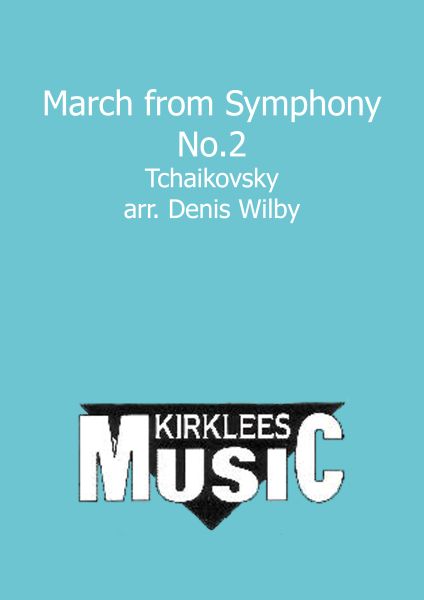We've found 472 matches for your search. Order by
Results
-
 £25.00
£25.00Heads You Win
Estimated dispatch 7-14 working days
-
 £25.00
£25.00Home Guard
Estimated dispatch 7-14 working days
-
 £25.00
£25.00In Lively Spirits
Estimated dispatch 7-14 working days
-
 £25.00
£25.00Locus Iste
Estimated dispatch 7-14 working days
-
 £25.00
£25.00Londonderry Air
Estimated dispatch 7-14 working days
-
 £25.00
£25.00Lovely Daughter of Love
Estimated dispatch 7-14 working days
-
 £25.00
£25.00Lover's Serenade
Estimated dispatch 7-14 working days
-
 £25.00
£25.00Make Me a Channel of Your Peace
Estimated dispatch 7-14 working days
-
 £25.00
£25.00March for Brass
Estimated dispatch 7-14 working days
-
 £25.00
£25.00March from Symphony No. 2
Estimated dispatch 7-14 working days
